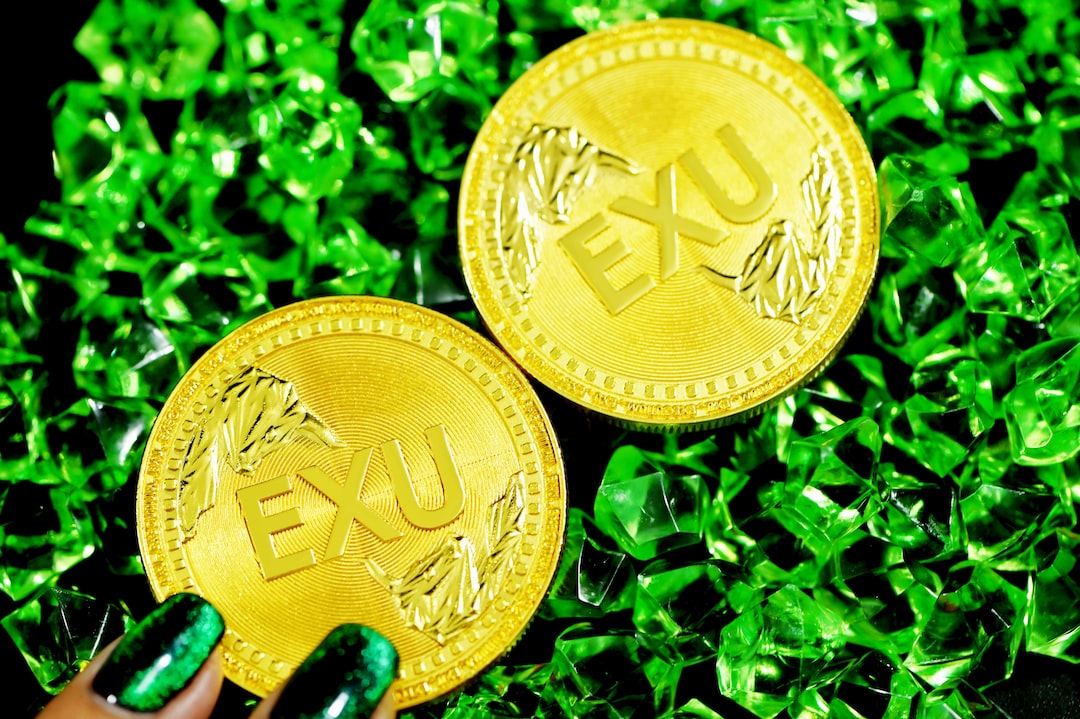Comparing the Japanese Yen and Swiss Franc: Which Currency is Best for Forex Trading?
The world of forex trading offers a wide range of opportunities for investors to capitalize on the fluctuations of various currencies. Among the most popular and frequently traded currencies are the Japanese Yen (JPY) and the Swiss Franc (CHF). Both currencies have unique characteristics and are considered safe-haven currencies. In this article, we will compare these two currencies to determine which one is best for forex trading.
1. Economic Stability:
One of the key factors to consider when trading forex is the economic stability of a country. The Japanese Yen is backed by the world’s third-largest economy, while the Swiss Franc is supported by a highly stable and prosperous Swiss economy. Both countries have low inflation rates and strong fiscal policies.
However, the Japanese economy has been facing challenges in recent years, including deflationary pressures and a stagnant economy. On the other hand, Switzerland has a reputation for its stable financial system and low unemployment rate. In terms of economic stability, the Swiss Franc has an edge over the Japanese Yen.
2. Interest Rates:
Interest rates play a crucial role in forex trading, as they determine the cost of borrowing and affect the supply and demand for a currency. The Bank of Japan (BOJ) has been maintaining a near-zero interest rate policy for an extended period to stimulate economic growth. This has resulted in a low yield for the Japanese Yen, making it less attractive for carry trades.
In contrast, Switzerland has historically maintained positive interest rates, making the Swiss Franc more appealing for carry trades. Additionally, the Swiss National Bank (SNB) has been known to intervene in the forex market to prevent excessive appreciation of the currency, which can impact traders’ positions. As a result, the Swiss Franc offers better opportunities for forex traders looking to benefit from interest rate differentials.
3. Safe-Haven Status:
Both the Japanese Yen and Swiss Franc are considered safe-haven currencies. In times of geopolitical uncertainty or financial market turbulence, investors tend to flock to these currencies for their perceived stability and low volatility.
The Japanese Yen benefits from Japan’s large current account surplus, which provides a buffer against external shocks. Additionally, Japan’s position as a net creditor nation contributes to its safe-haven status. However, the Japanese Yen can be influenced by market interventions by the BOJ, which can create volatility.
The Swiss Franc, on the other hand, has a long-standing reputation for stability and security. Switzerland’s strong financial system, political neutrality, and low national debt make the Swiss Franc an attractive safe-haven currency. The SNB has also implemented measures to avoid excessive appreciation, ensuring a stable currency.
4. Liquidity and Trading Volume:
The liquidity and trading volume of a currency pair are crucial factors for forex traders. Higher liquidity ensures that traders can enter and exit positions quickly, with minimal slippage and better execution of trades.
The Japanese Yen is one of the most actively traded currencies in the forex market, particularly against the US Dollar. The high trading volume of the JPY/USD pair ensures tight spreads and ample liquidity. This makes it an attractive currency for day traders and short-term speculators.
While the Swiss Franc is also a highly liquid currency, it may not offer the same level of trading volume as the Japanese Yen. However, the Swiss Franc is still actively traded against major currencies such as the US Dollar and the Euro. Traders looking for stability and lower volatility may find the Swiss Franc a suitable choice.
Conclusion:
When comparing the Japanese Yen and Swiss Franc for forex trading, both currencies have their unique advantages. The Swiss Franc offers economic stability, positive interest rates, and a safe-haven status. On the other hand, the Japanese Yen benefits from its liquidity, trading volume, and potential carry trade opportunities.
Ultimately, the choice between these two currencies depends on an individual trader’s strategy, risk appetite, and market conditions. It is essential to conduct thorough research, analyze market trends, and consider the factors discussed in this article before making any trading decisions.





